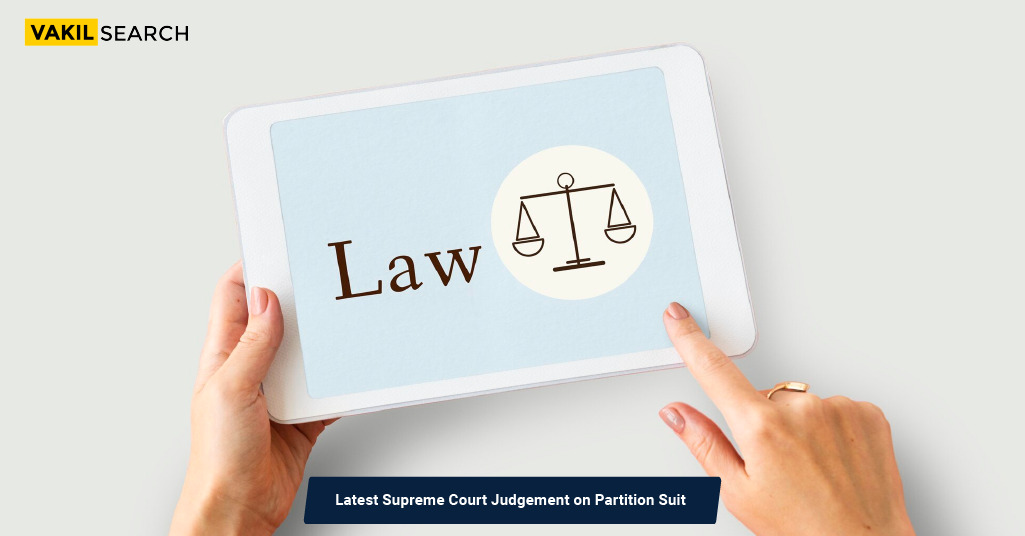A settlement deed in a partition suit must include the written consent of all parties. If a settlement deed is executed by only some of the parties, it will not be binding on the other parties.
In a recent landmark judgment, the Supreme Court of India held that in a suit for partition of joint property, every interested party is deemed a plaintiff. This means that each co-sharer has the right to initiate and pursue a partition suit, and no one co-sharer can prevent another from doing so.
The Supreme Court also held that there is no bar to passing multiple preliminary decrees in a partition suit. This is important because partition suits can be complex and time-consuming, and it may be necessary to pass multiple decrees to resolve all of the issues involved.
The Supreme Court’s judgment is a significant development in the partition law. It clarifies the rights of co-sharers and streamlines the partition process.
Implications of the Judgment
The Supreme Court’s judgment has several important implications for partition suits. First, any co-sharer can initiate a partition suit, even if the other co-sharers do not want to partition the property. This can be helpful for co-sharers who cannot agree with the other co-sharers on how to divide the property.
The judgment means that partition suits can be more efficiently resolved, as the court can pass multiple preliminary decrees to address different issues as they arise. This can help to reduce the overall time and cost of partition suits.
The judgment clarifies that all interested parties are deemed to be plaintiffs in a partition suit. This means that all co-sharers will have a right to participate in the proceedings and to challenge any orders passed by the court.
In addition to the above, the Supreme Court also made the following important observations in its judgment:
- A settlement deed in a partition suit must include the written consent of all parties. A consent decree amongst only some of the parties cannot be maintained.
- Suppose the Hindu Succession Act is amended before passing a final decree in a partition suit. In that case, the parties can seek the benefit of the amendment.
- The principle of res judicata applies to children claiming property through a parent who was earlier involved in a property suit.
- A suit for partition and separate possession cannot be rejected at the threshold on the grounds of limitation.
These observations are likely to have a significant impact on the way partition suits are conducted in India.
Conclusion
The Supreme Court’s judgment on partition suits is a welcome development. It clarifies the rights of co-sharers and streamlines the partition process. This will likely make partition suits more efficient and less costly for all parties involved.
Also, Read:



